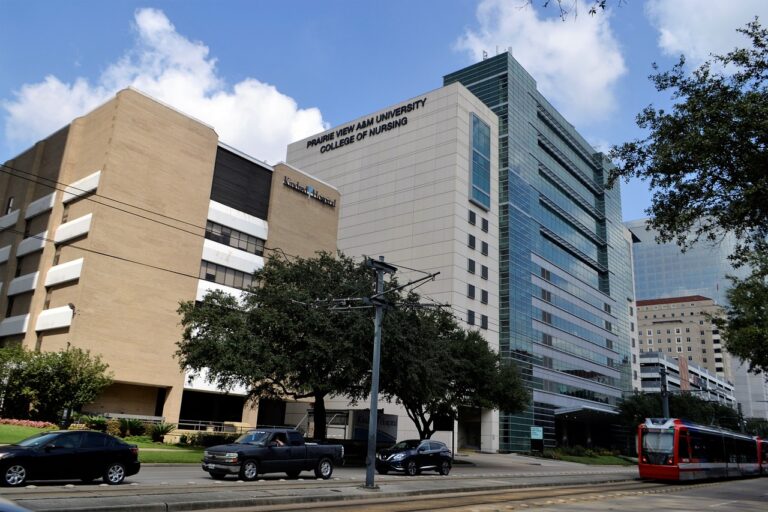The Potential of Psychedelic-Assisted Therapy
Numerous studies have explored the potential of psychedelics in treating various mental health conditions, such as depression, anxiety, PTSD, and addiction. These substances have shown promising results in alleviating symptoms and promoting long-lasting positive effects on individuals’ mental well-being. Patients undergoing psychedelic therapy often report a significant reduction in symptoms and an overall improvement in their quality of life.
The use of psychedelics in mental health treatment is gaining recognition and acceptance within the medical community. Researchers are continuing to delve into the mechanisms behind how these substances can lead to profound therapeutic experiences and promote psychological healing. As the understanding of psychedelics’ impact on the brain and mental health deepens, there is increasing hope for the development of innovative treatment approaches that could revolutionize the field of mental health care.
Current Research on Psychedelic Therapy
Psychedelic therapy has been gaining increasing attention in the field of mental health research. Recent studies have shown promising results in the treatment of various mental health conditions, such as depression, anxiety, and PTSD, using substances like psilocybin and MDMA. Researchers are exploring the potential benefits of these substances when combined with therapy in controlled settings.
Preliminary findings suggest that psychedelics may help individuals experience a shift in their perspectives, allowing them to confront unresolved issues and traumas. This therapeutic approach aims to facilitate a deeper understanding of the self and promote emotional healing. As more research is conducted, scientists are hopeful that psychedelic therapy could offer a new paradigm for treating mental health disorders.
• Psychedelic therapy is gaining attention in mental health research
• Promising results shown in treating depression, anxiety, and PTSD with substances like psilocybin and MDMA
• Research exploring benefits of combining psychedelics with therapy in controlled settings
Preliminary findings indicate that psychedelics can help individuals shift perspectives and confront unresolved issues and traumas. This approach aims to promote emotional healing and deeper self-understanding. Researchers are optimistic about the potential for psychedelic therapy to revolutionize mental health treatment.
How Psychedelics Work in the Brain
Psychedelics such as LSD and psilocybin work by interacting with serotonin receptors in the brain, specifically the 5-HT2A receptors. When these psychedelics bind to these receptors, they trigger a cascade of neural signaling that leads to altered perception, mood, and cognition. This activation of the 5-HT2A receptors is thought to disrupt the default mode network in the brain, which is responsible for self-referential thoughts and the sense of self.
Furthermore, psychedelics have been shown to increase communication between different regions of the brain that do not typically interact. This enhanced connectivity is believed to underlie the profound changes in consciousness experienced during a psychedelic trip. By disrupting the usual patterns of neural activity and connectivity, psychedelics may offer a window into understanding the neural basis of perception, cognition, and consciousness.
How do psychedelics affect mental health?
Psychedelics can have a range of effects on mental health, including reducing symptoms of depression, anxiety, and PTSD. They may also lead to enhanced feelings of connection, creativity, and well-being.
What is the current research on psychedelic therapy?
Current research on psychedelic therapy is exploring its potential benefits for treating mental health conditions such as depression, anxiety, PTSD, and addiction. Studies have shown promising results, with many participants reporting significant improvements in their symptoms.
How do psychedelics work in the brain?
Psychedelics work in the brain by binding to serotonin receptors, particularly the 5-HT2A receptor. This leads to changes in the brain’s neural activity, including increased connectivity between different regions and alterations in the brain’s default mode network. These changes are thought to underlie the therapeutic effects of psychedelics.







